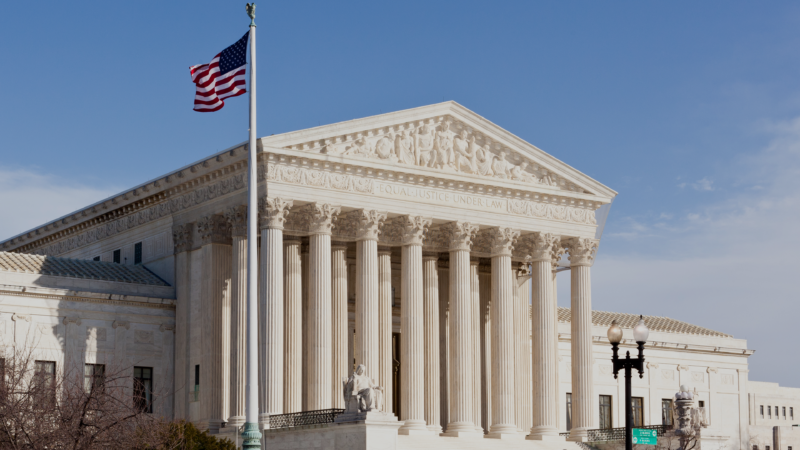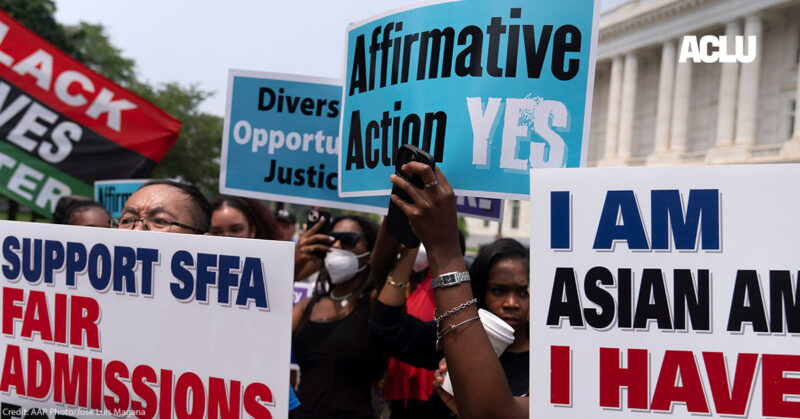Your company may have one, two, twelve, or a thousand shareholders. No matter the number, shareholders dictate the direction of the company by majority consensus. When things are going well, everyone benefits, but what happens when disagreements emerge? This article will identify common causes of shareholder disputes, offer potential solutions, and propose preventative measures.
What Are Shareholder Disputes?
A shareholder dispute is a legal disagreement between shareholders or between shareholders and company management, often about financial or operational decisions. “Legal” means a shareholder’s “rights” have been violated. As a shareholder, you may find yourself outvoted in important company decisions, but a shareholder dispute generally only arises when someone has violated their fiduciary obligations to you, or when your shareholder agreement has been breached.
Common Causes of Shareholder Disputes
- Breach of the Shareholder Agreement
A shareholder agreement is a contract between shareholders intended to create and protect shareholder rights. The agreement may outline how the company is managed and operated, it may specify types of corporate decisions that require shareholder approval, and it may limit or restrict the transfer or creation of new shares. Either the company or other shareholders have the potential to breach the agreement. As a shareholder, you are legally entitled to a copy of your shareholder agreement, and you should be aware of your rights and obligations under it. - Poor Management Decisions (the fiduciary duty of care)
Company officers and directors make mistakes. They sometimes back the wrong horse, invest in an unprofitable product line, acquire a company that fails, or even permit corporate theft under their watch. Failure is a part of every business, but shareholder disputes may arise when the failure is a violation of the fiduciary duty of care. Every officer and director owes a fiduciary duty of care to the company and its shareholders to use appropriate care and diligence when acting on behalf of the corporation. The duty of care may be violated when, for example, a business venture is not thoroughly vetted, staff are not adequately supervised, or management does not make an informed decision, and the failure results in harm to the company. - Self-Dealing (the fiduciary duty of loyalty)
Officers and directors owe a fiduciary duty of loyalty to the company and its shareholders. The duty of loyalty requires officers and directors to always act in the best interests of the company over their own personal interests. The duty prevents managers from, for example, competing with the corporation or diverting corporate opportunities, making an undisclosed profit from corporate business, or basing decisions on a conflict of interest.
In most states, shareholders of closely held corporations—meaning those with few shareholders—owe one another a duty of loyalty. When applicable, this requires shareholders to treat one another honestly, and it prevents the majority from gaining a disproportionate benefit at the expense of the minority. If minority shareholders are frozen out of important decisions, squeezed out of shares, denied dividends, or denied access to corporate records, it may be a violation of the majorities’ duty of loyalty.
Solutions and Prevention
When shareholder disputes arise, it is important to understand and protect your rights early. Specific fiduciary duties and shareholder rights are based on the law of the company’s state of incorporation, and different states offer differing degrees of protection. Whether you are a manager or a shareholder, the sooner you seek help with a problem, the better your chances of a favorable resolution.
From a management perspective, messaging is often key. When shareholders lose confidence in management, the relationship can get heated, but there are two sides to every coin. Bad news can often be presented in a way that recognizes mistakes and engenders confidence in a path forward. Specialized service providers, including public relations consultants, can help you put your best foot forward and calm the relationship.
Steps to Resolution
As a shareholder, the first (and often last) step in any dispute is to engage in good-faith negotiations. Most disputes can be resolved by cool heads and an understanding of each other’s rights and responsibilities. Accommodations may be reached, including possible resignations or terminations, or if the injury is irreparable a buyout or cash incentive could be the remedy you need.
One common problem faced by shareholders of closely held corporations is the dreaded deadlock. For example, when the two shareholders in a company, each with 50% ownership, fundamentally disagree over a critical corporate decision, the business cannot proceed. If no accommodation can be reached, the final solution may be judicially ordered corporate dissolution. This can be avoided, however, by a carefully drafted shareholder or operating agreement that provides for a dispute resolution mechanism in the event of a deadlock. Often simply knowing that there is a deadlock mechanism will inspire compromise and cooperation.
Lastly, there is court. If a company or its shareholders are not willing to abide by their shareholder agreement, the courts will enforce the agreement for them. If an officer or director has violated their fiduciary duties, shareholders may bring a derivative lawsuit on behalf of the company, seeking to right the corporate wrong.
Fill out the form below and we will be in contact with you shortly!
Check out some of our latest posts…
- What is a Provisional Patent Application?

- CLIENT ALERT: Supreme Court Rejects Rule Requiring Majority-Group Plaintiffs To Meet Higher Evidentiary Standard for Title VII Claims

- Executive Order Seeks to Eliminate Disparate Impact Liability in Title VI & VII Enforcement Actions

- Client Update – Executive Order Upends Affirmative Action For Federal Contractors and Opens Door to False Claim Act Liability

- How to Find Venture Capital for Early-Stage Scaling Companies

- How to Find Angel Investors for Early-Stage Scaling Companies

